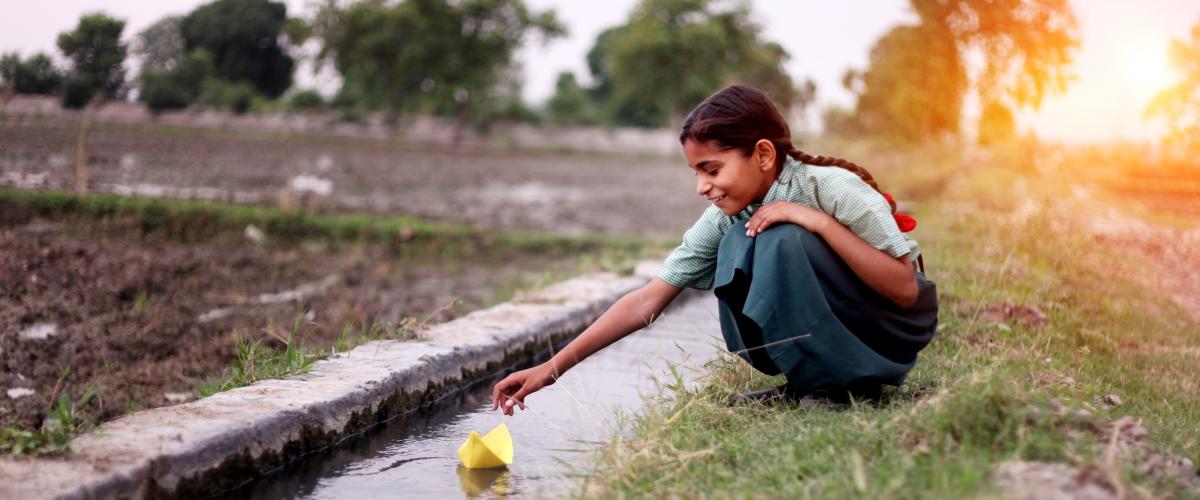
News
GFDRR's Stephane Hallegatte argues that a more resilient development is good economics and crucial to reducing poverty.
The World Bank, Build Academy, Airbnb, and the Global Facility for Disaster Reduction and Recovery (GFDRR) have launched a global crowd-solving challenge for designs of Resilient Homes. The goal of this challenge is to generate designs for low-cost and sustainable small houses (under $10,000) for people living in vulnerable areas affected by natural disasters. The deadline for design submissions is this November 30, 2018.
GFDRR supports resilient reconstruction planning and post-disaster assessments, helping more than 50 disaster-affected countries with these approaches since its launch in 2007.
Cities around the world are failing to plan for fast-increasing risks from extreme weather and other hazards, particularly as population growth and surging migration put more people in the path of those threats, according to the World Bank.
The event focused on disaster risk management through the lens of African, Caribbean, and Pacific (ACP) countries.
Cet éditorial décrit les mesures prises récemment pour lutter contre les risques naturels à Djibouti.
Japan will help other countries train experts on disaster management and prevention under an initiative to be unveiled at an upcoming United Nations conference.
Understanding risk is more than just modeling risk; it requires an understanding of the development and social processes that underlie and drive the generation of disaster risk.
GFDRR's Mathijs van Ledden speaks to ZDF German Television about reducing flood risk in cities. [German]
